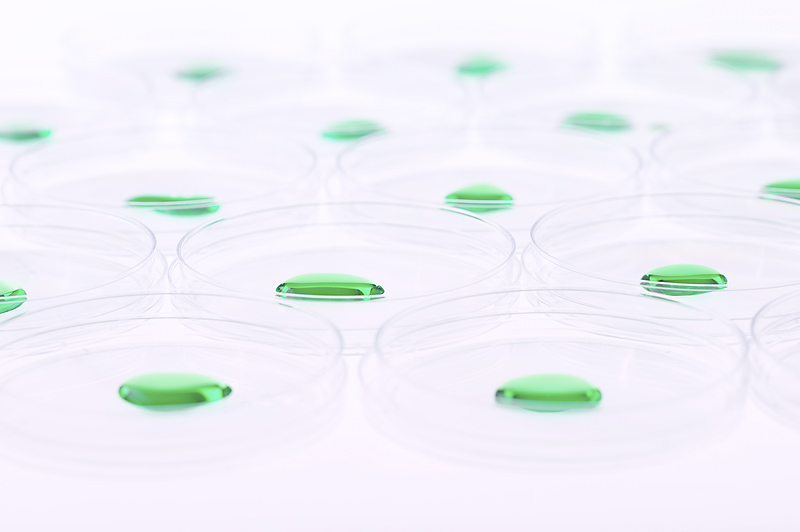
WEDNESDAY, Dec. 2 (HealthDay News) — The widely used club drug ecstasy appears to increase the risk of sleep apnea, say U.S. researchers.
“People who use ecstasy need to know that this drug damages the brain and can cause immediate and dangerous problems such as sleep apnea,” study author Dr. Una McCann, of the Johns Hopkins School of Medicine in Baltimore, said in a news release.
McCann and colleagues conducted sleep tests on 71 people who’d used ecstasy (MDMA) and 62 people who’d never used the illegal drug. Ecstasy users had a more than eight-fold increased risk of sleep apnea compared to non-users. Mild sleep apnea rates were similar in both groups (21 percent of ecstasy users and 27 percent of non-users), but only ecstasy users had moderate (13 percent) or severe (1 percent) sleep apnea.
The longer a person used ecstasy, the more sleep apnea episodes they experienced, said the researchers. They also found that ecstasy use was a greater risk factor for sleep apnea than obesity.
“Our findings may be explained by how ecstasy damages neurons related to serotonin, a chemical in the brain that is involved in sleep regulation and breathing, among other important functions,” McCann said. “Sleep apnea in itself is dangerous, but it can also contribute to thinking problems in people who use ecstasy because chronic sleep disruption is known to have a negative effect on how a person functions during the daytime.”
The study is published in the Dec. 2 online issue of the journal Neurology.
More information
The U.S. National Institute on Drug Abuse has more about ecstasy.

